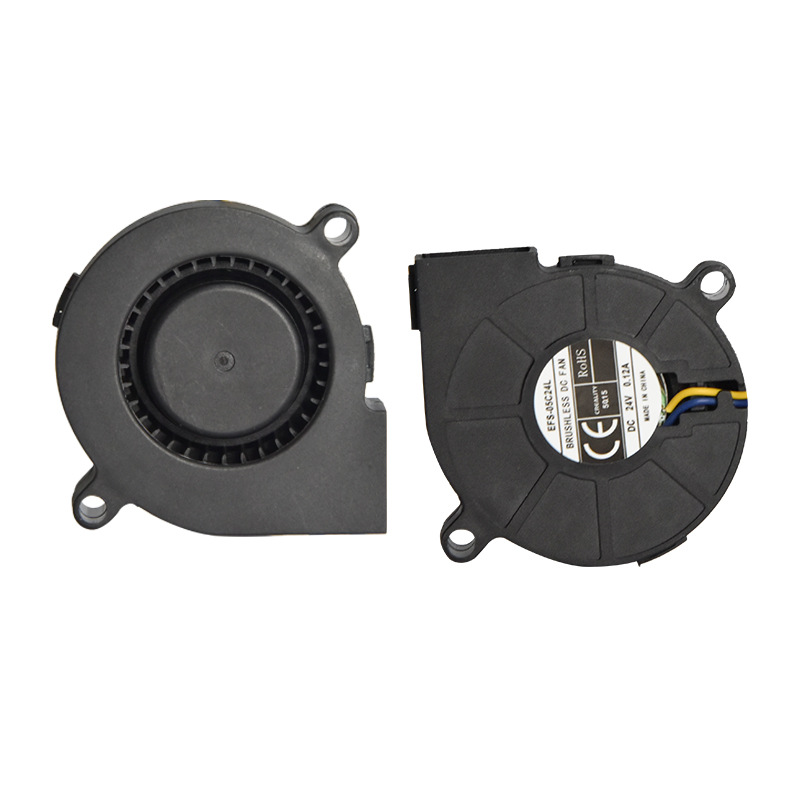Blowers are a common piece of equipment in industry and are relied upon in many situations to transport gases. However, it has been proven that overuse of blowers can lead to significant waste of energy. In response to this situation, manufacturers have made technological upgrades and innovations to improve the energy efficiency of blowers.
One of the first new technologies is the use of advanced impeller designs. Traditional blower impeller designs can lead to poor gas flow, which reduces efficiency. New impeller designs, such as the high-efficiency ternary flow impeller design used in Huaxinrong's suspension blowers, are able to operate under a wider range of operating conditions while reducing energy consumption and emissions and improving efficiency and quality.

Secondly, the application of intelligent control system is also an important means to improve the energy efficiency of the blower. Intelligent control systems can automatically adjust the operating state of the blower according to the actual demand, thus realising energy saving. For example, air-conditioning blower equipment is widely used in factories, supermarkets, offices and other places, but overuse can lead to energy waste. With the intelligent control system, the comfort level can be adjusted according to the number of personnel, thus realising energy saving.
In addition, the innovative design of blowers includes the use of air suspension bearing technology and high-speed permanent magnet synchronous motors. The application of these technologies enables the blower to rotate without contact during operation, thereby reducing friction and improving efficiency.
Overall, through the use of advanced impeller design, intelligent control systems, and innovative designs such as air suspension bearing technology and high-speed permanent magnet synchronous motors, the blower has achieved remarkable results in improving energy efficiency. The application of these technologies and designs not only achieves the goal of energy saving, but also improves efficiency and quality, making a greater contribution to the promotion of sustainable development in the industrial sector.